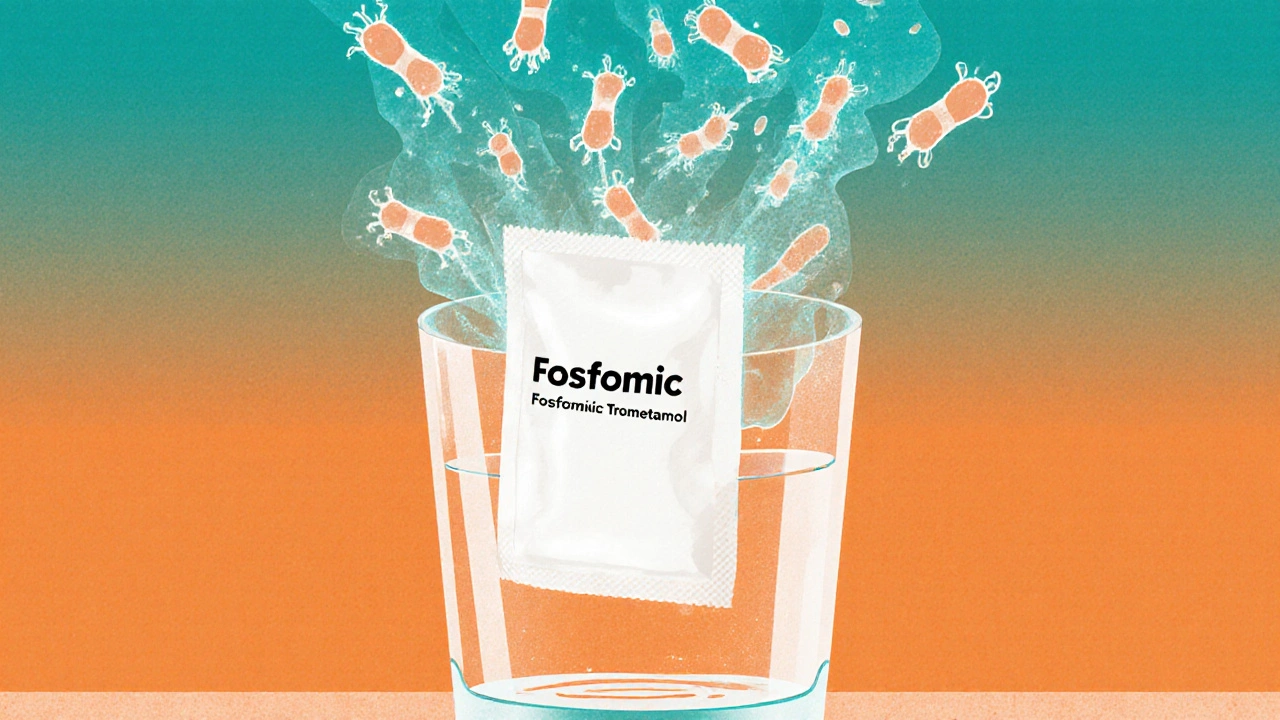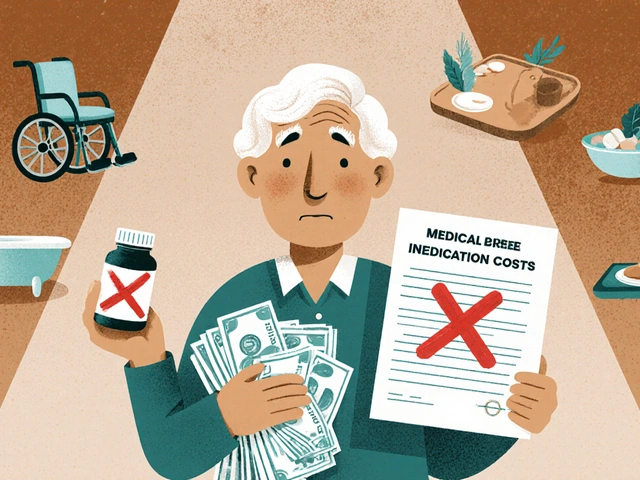Antibiotic Alternatives – Affordable Options for Everyday Health
Not every infection needs a prescription drug, and many people are looking for cheaper ways to stay healthy. That’s where antibiotic alternatives come in. These are treatments, supplements, or lifestyle changes that can help your body fight off bugs without a pricey prescription.
We’ve gathered a bunch of articles that explain real‑world alternatives – from herbal remedies that can soothe a sore throat to over‑the‑counter options for minor skin infections. The goal is to give you practical ideas you can try at home, while still knowing when a doctor’s prescription is truly necessary.
When to Consider an Alternative
If your symptoms are mild, you’re not feverish, and the infection looks superficial (like a small cut, mild ear pain, or a common cold), a non‑antibiotic approach often works. Your body’s immune system is pretty good at handling everyday bugs, especially if you’re well‑rested, hydrated, and eating nutrient‑dense foods.
Watch out for red flags that mean you need a doctor: high fever, rapid swelling, severe pain, or an infection that’s spreading. In those cases, delaying proper antibiotics can make things worse.
Common Natural and OTC Alternatives
Herbal teas and extracts – Echinacea, garlic, and goldenseal have been used for centuries to boost immune response. A cup of warm ginger tea with honey can calm a cough and add antimicrobial compounds.
Topical antiseptics – For cuts and scrapes, clean the wound with mild soap, apply a thin layer of hydrogen peroxide or povidone‑iodine, then cover with a sterile bandage. This reduces bacterial load without needing oral antibiotics.
Probiotics – A daily dose of Lactobacillus‑rich yogurt or a capsule can help restore gut balance, especially after a course of antibiotics. A healthy gut supports overall immunity.
OTC pain relievers – Ibuprofen or acetaminophen can lower fever and relieve pain while your body fights the infection. They don’t treat the bug directly, but they make you feel better while you recover.
Boosting nutrition – Vitamin C, zinc, and vitamin D are easy to add to your diet. A handful of citrus fruits, a few nuts, and a short walk in the sun each day can tighten up your defenses.
Our tag page also includes guides on specific drug alternatives, like “7 Alternatives to Neurontin” for nerve pain or “Cyclobenzaprine Alternatives in 2025.” Those articles help you compare prescription options when a doctor does prescribe medication, so you can pick the cheapest, safest choice.
Remember, the best antibiotic alternative is a healthy lifestyle that prevents infections in the first place. Regular hand washing, staying up to date on vaccinations, and avoiding close contact with sick people cut down the need for drugs.
Use the articles below to dive deeper into each alternative. Whether you’re seeking natural sprays for skin infections or cheap generic versions of prescribed meds, you’ll find clear, evidence‑based advice that fits a tight budget. Stay informed, stay safe, and don’t let cost stop you from getting the right care.

Fosfomycin (Fosfomycin Trometamol) vs. Antibiotic Alternatives: What Works Best for UTIs?
Fosfomycin trometamol offers a single-dose cure for UTIs, but how does it compare to nitrofurantoin, TMP-SMX, and ciprofloxacin? Learn which antibiotic works best based on resistance, side effects, and your health history.

10 Alternatives to Vibramycin You Should Consider
Exploring alternatives to Vibramycin can be vital for those seeking different treatment options. This article navigates through ten alternatives, discussing their benefits and drawbacks. Each alternative is examined in terms of effectiveness, side effects, and specific use cases. If Vibramycin isn't working for you, these alternatives might hold the key to finding the right antibiotic.




